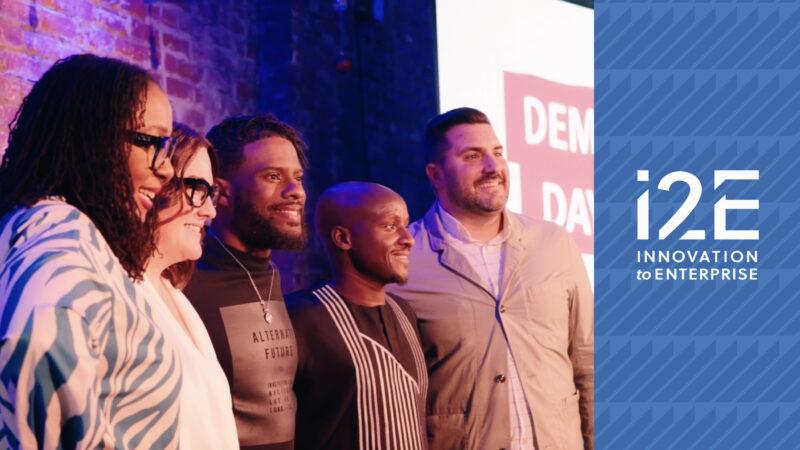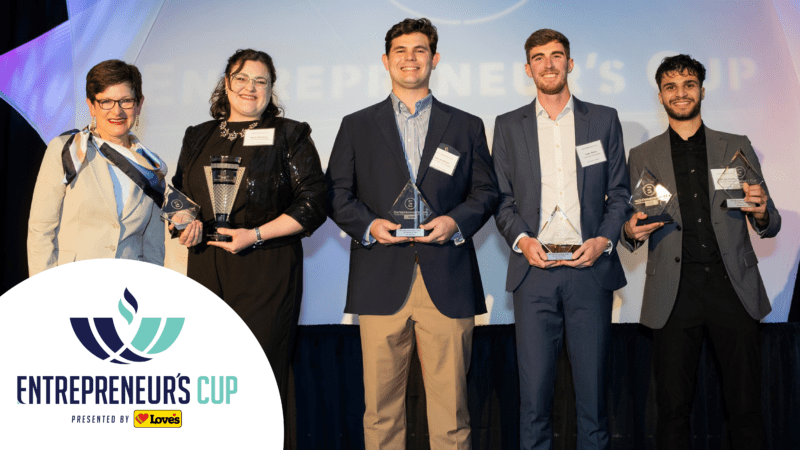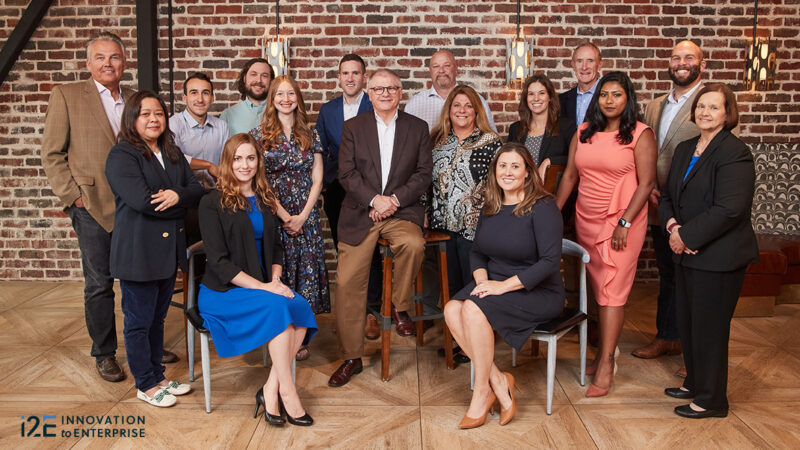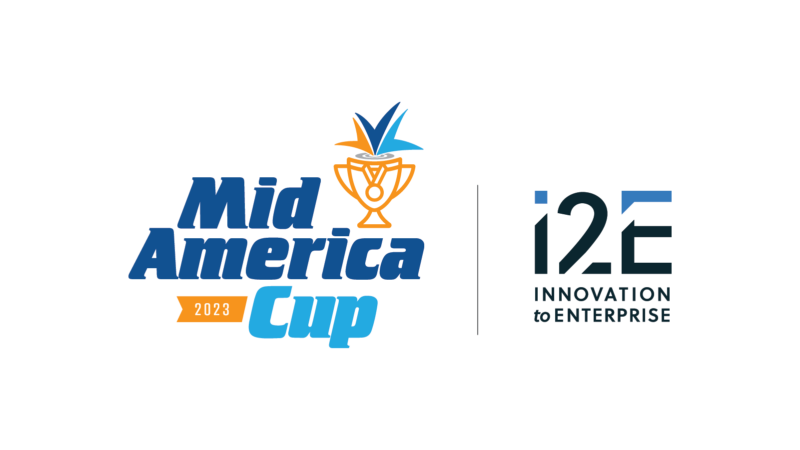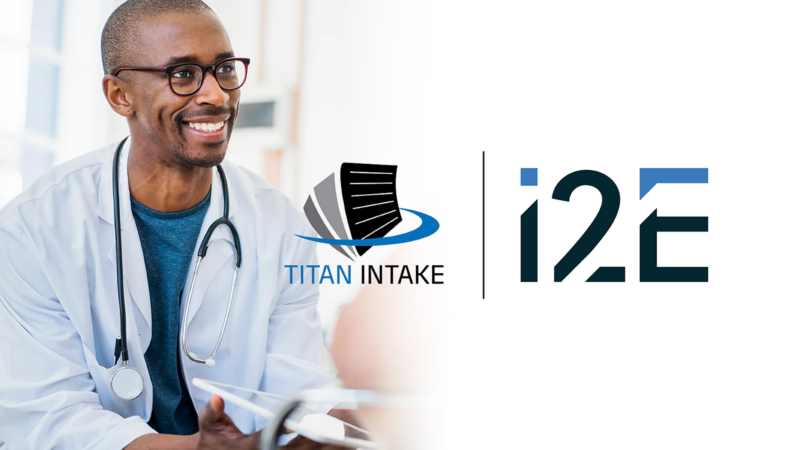Avoid choosing the wrong path to market
By Scott Meacham
Copyright © 2016, The Oklahoma Publishing Company
“It’s always helpful to learn from your mistakes because then your mistakes seem worthwhile.”
That quote, posted by Forbes, is from famous writer and producer Garry Marshall, who passed away last week. It’s interesting to me that the wry but apt observation came from a person as successful as Marshall.
With “Happy Days” and several more smash TV series and movies that included “Pretty Woman,” Marshall didn’t seem to make many mistakes. He had a flair for recognizing when an actor in a role worked — inviting Henry Winkler (from Yale) to morph into The Fonz and instantly casting Robin Williams as Mork when Williams, who, when being asked to take a seat during his audition, sat on his head like any respectable Orkian would do.
Marshall was a writer, actor, producer, director and comedian. He proved that he could wear all the hats, but what’s really interesting to me is that he didn’t try to wear them all at once.
That, brings me to the fourth mistake in my series of missteps that can cause an entrepreneur to fail: Choosing the wrong path to market.
There are many entrepreneurs who are developing a product that would have the best chance at success if someone else took that product to market.
‘Loving the baby’
Instead, we see entrepreneurs — and this gets back to “loving the baby” — who are determined to try and break into a market that’s already dominated by powerful players such as Microsoft, Cisco or P&G.
Companies like these, or even many midsized companies, already have the brand, infrastructure, strategic partners and sales channels (direct and indirect). It’s hard for a startup to compete against that.
It’s even harder to compete in a broad market as one component of an end-to-end solution with one segment of a software suite (no matter how innovative), a single piece of equipment, or one component of hardware. Entrepreneurs get focused on going head-to-head, when a goal of building a solution that they get to the market either through established sales channels or by being acquired by an established player in the industry would likely yield a better result.
Coachable entrepreneurs who tackle their end game early on by doing the scenario planning to map out the various routes (including acquisition) and available sales channels (it is the very rare startup that should be considering building a direct sales force!) may not automatically score a megahit, but they stand a better chance of getting to market without having to stand on their heads.
Scott Meacham is president and CEO of i2E Inc., a nonprofit corporation that mentors many of the state’s technology-based startup companies. i2E receives state appropriations from the Oklahoma Center for the Advancement of Science and Technology and is an integral part of Oklahoma’s Innovation Model. Contact Meacham at [email protected].

